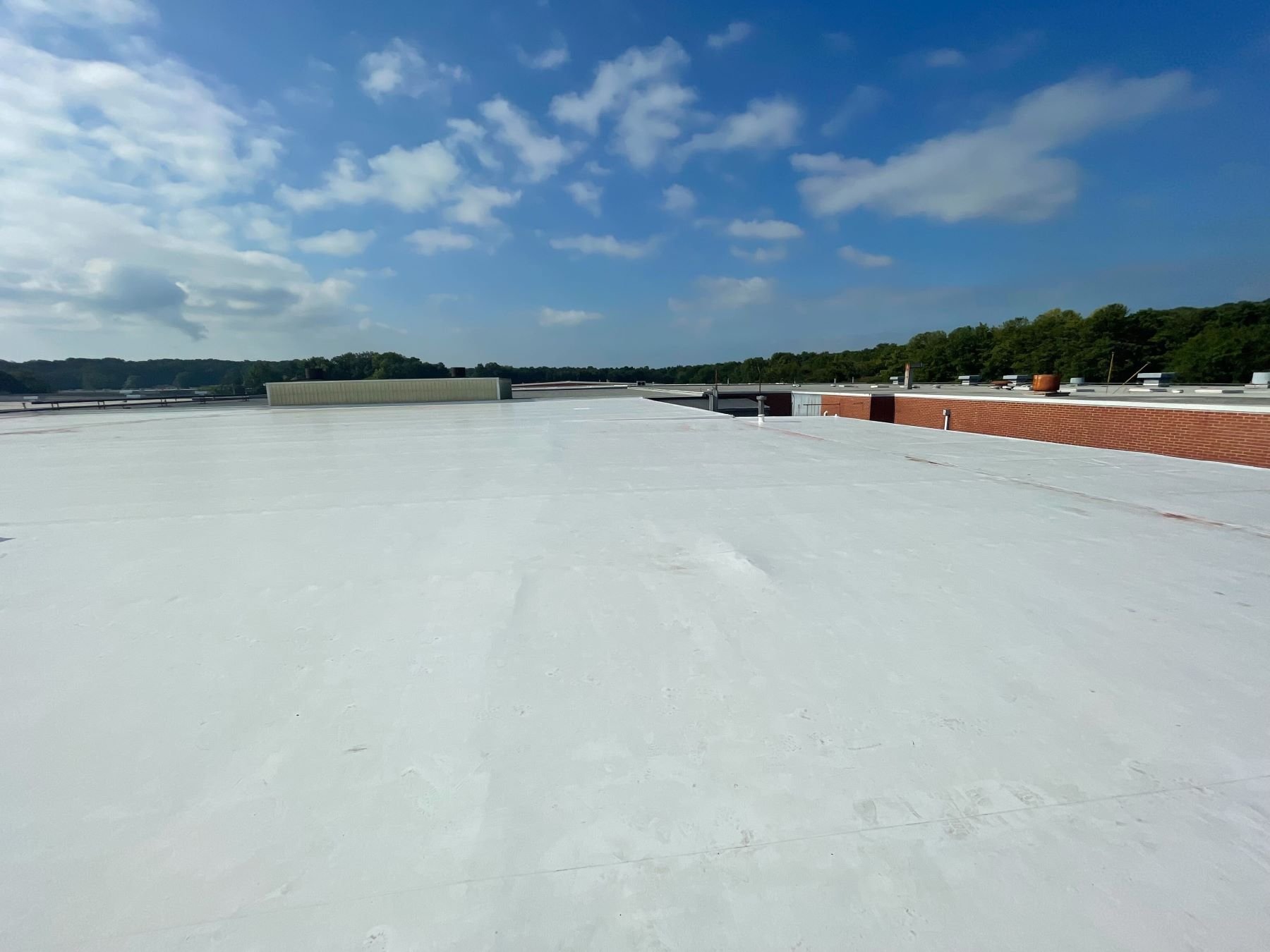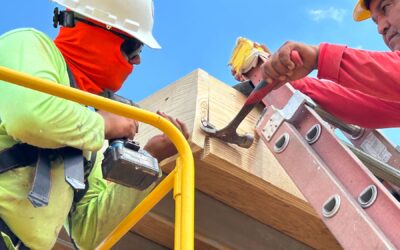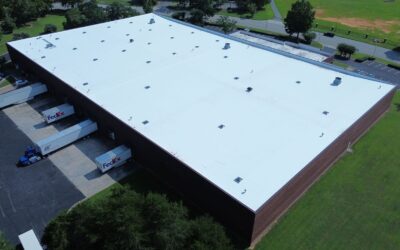Replacing a commercial roof is a significant undertaking that can impact your business operations and budget. Whether you’re dealing with an aging roof, persistent leaks, or storm damage, understanding what to expect during a roof replacement can help you navigate the process with confidence. Here’s a detailed guide to prepare you for the journey ahead.
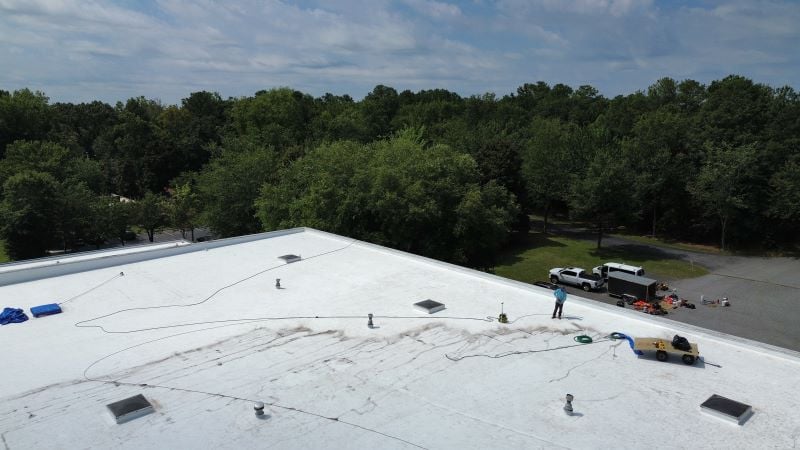
Initial Consultation and Inspection
The first step in the roof replacement process is a thorough inspection by a qualified roofing contractor. This inspection will assess the current condition of your roof, identify any underlying issues, and help determine the best replacement options. During this consultation, you can expect:
Detailed Assessment: The contractor will examine the roofing materials, insulation, and any signs of damage or wear.
Recommendations: Based on the inspection, you’ll receive recommendations tailored to your building’s needs, including materials, styles, and budget considerations.
Cost Estimates: After evaluating your roof, the contractor will provide a detailed estimate that outlines the costs associated with the replacement project.
Choosing the Right Materials
Selecting the right roofing materials is crucial for the longevity and performance of your new roof. Depending on your building’s structure, climate, and budget, you might consider:
Built-Up Roofing (BUR): A traditional option with multiple layers, ideal for flat roofs.
Modified Bitumen: A durable choice that offers good weather resistance.
TPO (Thermoplastic Olefin): An energy-efficient option that reflects sunlight and reduces cooling costs.
EPDM (Ethylene Propylene Diene Monomer): A rubber roofing solution that is highly durable and low-maintenance.
Metal Roofing: Known for its longevity and resistance to extreme weather, metal roofing is becoming increasingly popular in commercial applications.
Discussing the pros and cons of each material with your contractor will help you make an informed decision.
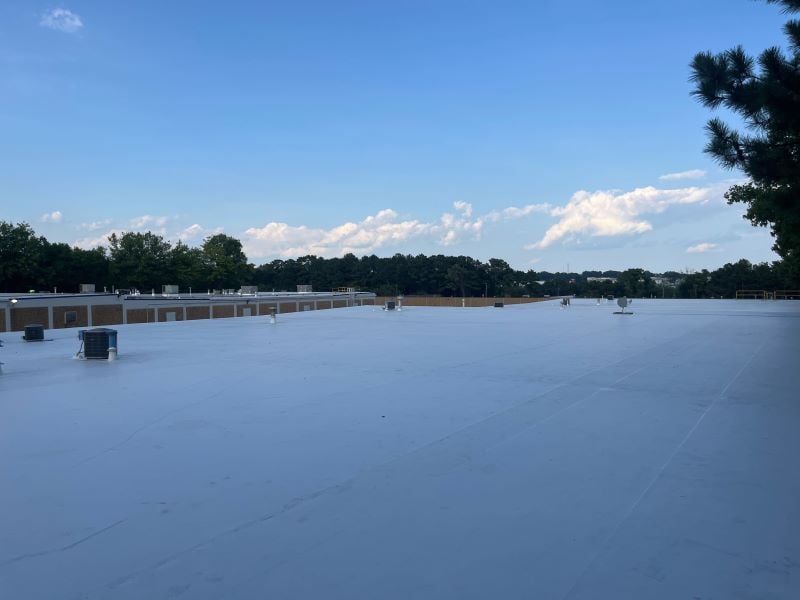
Planning and Scheduling
Once you’ve chosen your materials and signed the contract, the next step is to plan the project timeline. Key factors include:
Weather Considerations: Weather can significantly impact roofing schedules, so your contractor will monitor forecasts and adjust the timeline accordingly.
Permitting: Ensure that all necessary permits are obtained before work begins. Your contractor can typically handle this process.
Logistics: Consider how the roof replacement will affect your business operations. If possible, schedule the work during off-peak hours or when the building is less occupied to minimize disruptions.
The Roof Replacement Process
The actual roof replacement will typically involve several stages:
Preparation: This includes setting up scaffolding or safety measures to protect workers and surrounding areas. Safety is paramount in commercial roofing projects.
Removal of Old Roofing: The existing roof material will be stripped away, allowing for a thorough inspection of the underlying structure. This step is crucial for identifying any hidden damage.
Repairs: Any necessary repairs to the decking or insulation will be conducted. Addressing these issues upfront will help ensure the longevity of your new roof.
Installation of New Roof: The new roofing material will be installed according to the manufacturer’s specifications. This phase may vary in duration depending on the size of the roof and the complexity of the installation.
Final Inspection: Once the installation is complete, a final inspection will ensure that everything has been done correctly and adheres to local building codes.
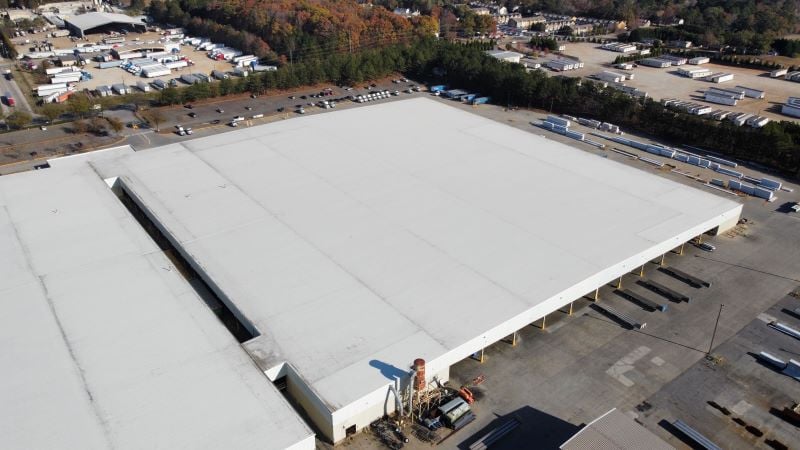
Post-Installation Considerations
After your new roof is in place, there are a few additional considerations:
Cleanup: A reputable contractor will ensure the site is clean and free of debris. This includes proper disposal of old materials.
Warranty and Maintenance: Make sure you understand the warranty for your new roof and establish a maintenance plan. Regular inspections can help extend the life of your roof and identify any issues early on.
Insurance Claims: If the replacement was due to damage, ensure your insurance claims are settled and that you’ve documented the work for future reference.
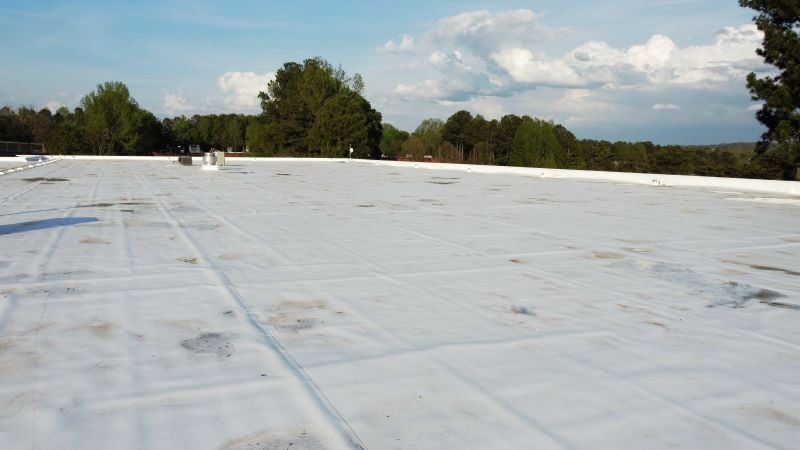
Conclusion
A commercial roof replacement can be a daunting process, but with the right preparation and understanding of what to expect, it can go smoothly. From the initial inspection to the final cleanup, being informed will help you manage the project effectively and ensure your investment pays off for years to come. By choosing a reliable contractor and maintaining open communication throughout the process, you can ensure your new roof meets all your business’s needs and withstands the elements for years to come.

